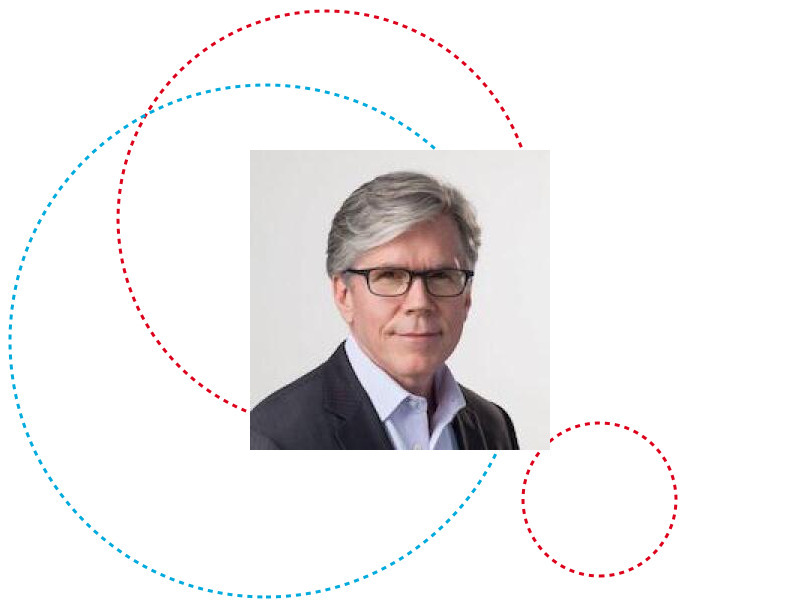Last week, the Asteroid Foundation and SnT joined forces to host a special “Space Connects Us” event featuring the Chair of the SmallSat Alliance, Charles Beames. During the event he discussed the future of space entrepreneurship with the students of University’s Interdisciplinary Space Master’s program.
Space Connects Us is a series of events organized by Asteroid Day Foundation aimed at bringing together space experts, astronauts and space leaders with educational institutions. The digital event was focused on the topic of “Entrepreneurship in the Space Industry” offering a great opportunity for the ISM students to get to know an industry business leader and ask him questions about his career.

Beames is currently the Executive Chair of York Space Systems, a leader in commercial satellite design and manufacturing. He is also Chair of the SmallSat Alliance, an organisation advocating for the future of this rapidly evolving industry, and an active early-stage investor in the entrepreneurial space. A core contributor to Forbes science, his focus is on the promise of this new growth sector and what the proliferation of the NewSpace movement means for industry stakeholders.
Beames focused his talk on CubeSats, a type of miniaturised satellite typically used for data collection that is made up of multiples of 10 cm × 10 cm × 10 cm cubic units. The rise of CubeSat marked the beginning of the NewSpace industry: they are easily accessible by a wider public as they are less expensive than bigger satellites because they are easy to build. CubeSats were first conceived as a hands-on education tool allowing students to design and test small satellites and develop space missions.
According to Beames, today is the most exciting time to be in the space business since the 60s: there is a lot of enthusiasm in the industry with many opportunities coming up, barriers to entry are low, costs are reduced and many start-up companies are being created. In the past, satellites were a privilege of nation states, today they are accessible to ordinary citizens.
Students raised questions around the challenge of space debris and congestion of the electromagnetic spectrum that is used to transmit satellite services to earth. Beames believes that it’s essential to come up with norms and behavior for Space, especially in the Low Earth-orbit. In his opinion, one policy that could be a solution is to require on-board propulsion systems for all satellites, including CubeSats. The challenge though is that not all companies are ready for this. It is clearly important though to balance the innovation that CubeSats bring in the space industry with the consequences they have in orbit.
Following Beames’ talk, Dr. Jan Thoemel, Head of the CubeSat Lab at the University of Luxembourg, presented the dedicated laboratory where ISM students design CubeSat missions and test their knowledge on a flight-ready prototype.
The event concluded with the students presenting their CubeSat design project “Goldcrest – Global Land Dampness Characterisation using Reflectometry by Students”, a Low Earth-orbit CubeSat designed to measure soil moisture on Earth.
